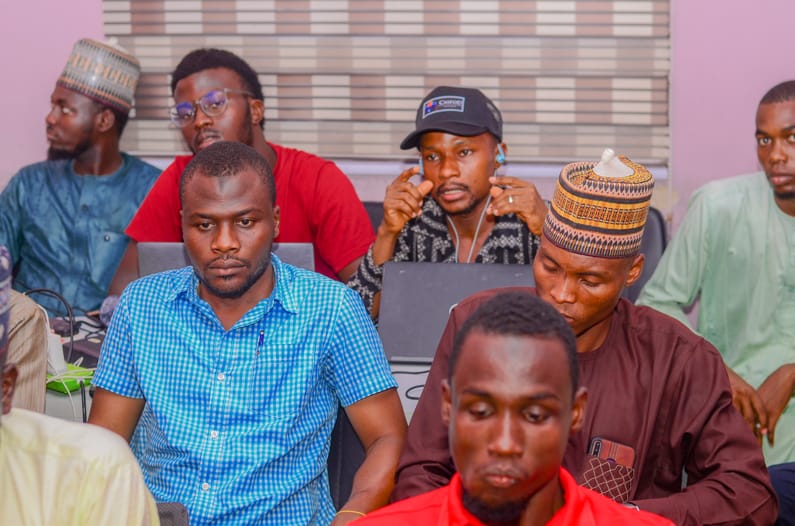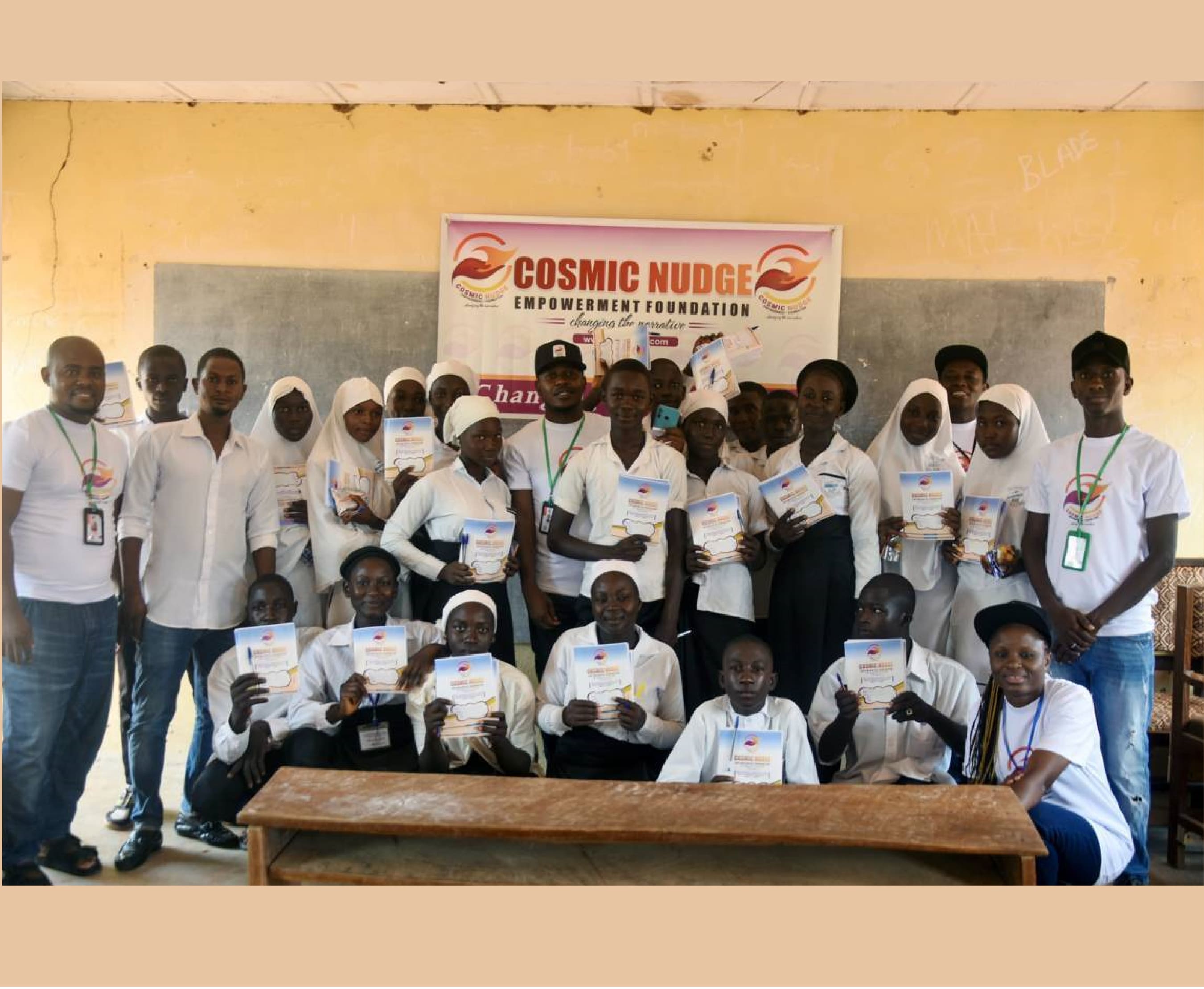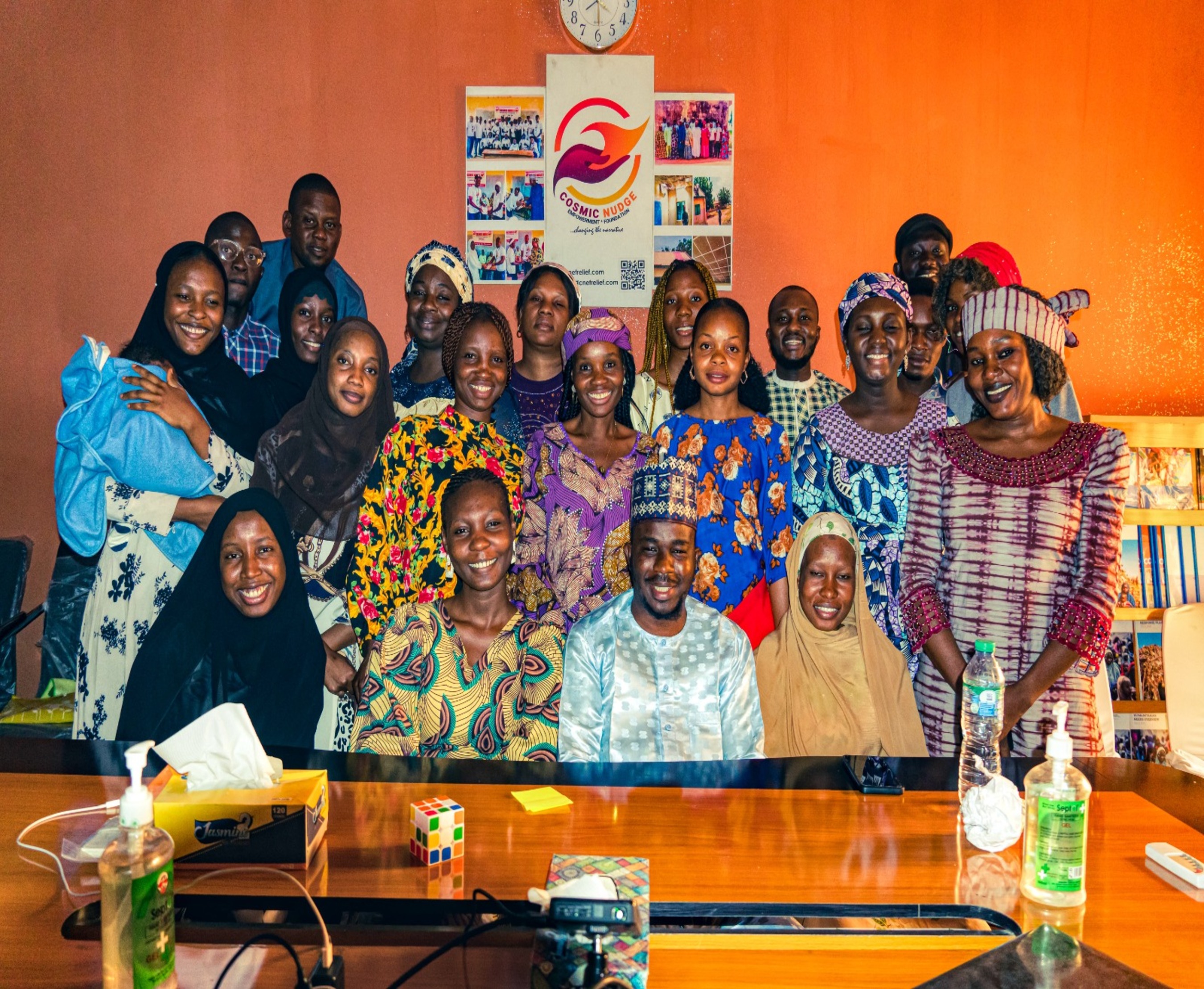
CAPACITY BUILDING: Psycho-social Support, Gender-Based Violence, and PSEA Capacity Building Programme: Maiduguri Local Government Area, Borno State
Executive Summary
In Maiduguri, Borno state, CNEF resumed LAMP Season II capacitybuilding training for the year with twenty-Five (25) participants present. Various partner organizations and government agencies attended the LAMP season II capacity development program from March 6th - 7th 2023, in the main office at Golden Plaza, First Floor, Suite 14B, Opp. El-kanemi College, Maiduguri, Borno State, Nigeria.
The training sessions followed the COVID-19 standard and made use of the tissue paper and hand sanitizer that were provided as personal protection tools.
The main goal of this training was to improve the abilities of the participants, who were chosen from among government agencies and humanitarian partner organizations, to apply best practices in psychosocial support, gender-based violence prevention, and sexual exploitation and abuse prevention so that they can improve their organizations humanitarian response activities and overall coordination.
25 participants, 11 males (44%), and 14 females (56%), rep resenting 15 different organizations identified through our selection process, participated in the 2-day training, which was preceded by an assessment exercise to determine the training needs of the humanitarian partners throughout North-East Nigeria.
During the capacity-building program, the facilitators utilized PowerPoint slides to present participatory methodologies, which were then followed by group work and plenary discussion Before the start of the program, pre-training skills and competency assessment questionnaire were given to participants to gauge their conceptual understanding, which served as the foundation for the post-training evaluation.
Also, there was a daily evaluation conducted for the participants to identify the training delivery strategies. This strategy attempted to establish potential adjustments needed for efficient and effective training.
Training Outcome
The training results were evaluated according to the LAMP SEASON II subject, which was about the following:
- Gender-based violence,
- Psychosocial support,
- Prevention of Sexual Exploitation and Abuse.
The participants had a lot of expectations for the training that were discussed, some of which are:
- Interagency Gender-Based violence
- GBV Fundamentals
- Power Regarding GBV
- Forms of GBV
- Causes and Disputes of GBV
- Guiding Principles of a Caseworker
- Caseworker Duties
- Psycho-Social Support
- PSEA
Statistics
The training was successfully delivered to all 25 participants, and certificates of attendance were awarded.
The two approaches produce positive results, as shown in the infographics and narrative below.
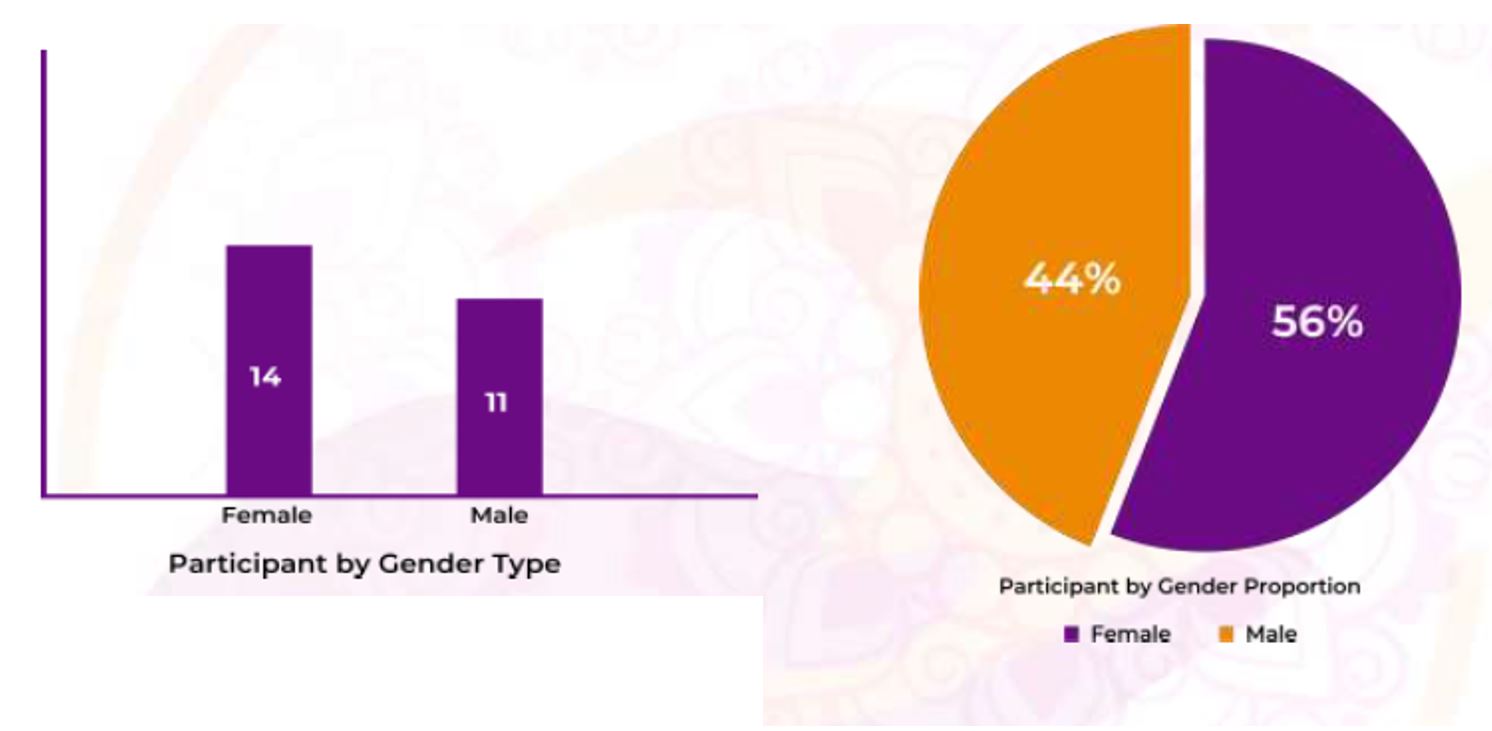
Daily evaluations of concept delivery, training material design, and facilitator approaches to impact knowledge and skills among participants were carried out. This approach aimed to identify participant concerns regarding the knowledge gap, mode of delivery, relevance of the training materials, and flow of information on training materials, among other things, so that the facilitators could revisit and revise the presentations of the following day or provide answers during the recap of previous day presentations.
Participants had the chance to evaluate the facilitators daily training delivery in the following key areas:
- Subject-matter expertise.
- The capacity to explain and illustrate ideas.
- The capacity to respond fully to inquiries.
- The usefulness of the training materials.
- The structure of the training sessions.
- The pace of the training sessions.
- What the participants like best about the training.
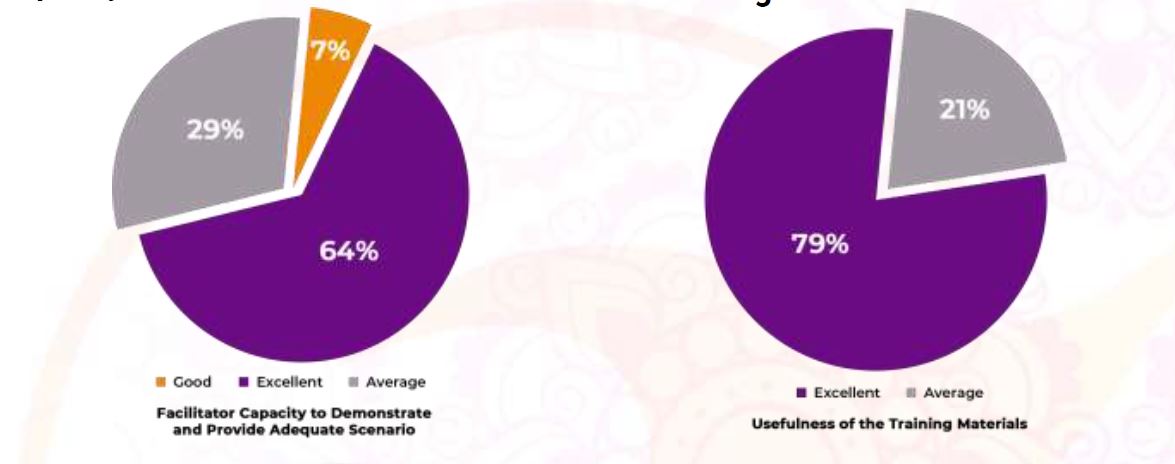
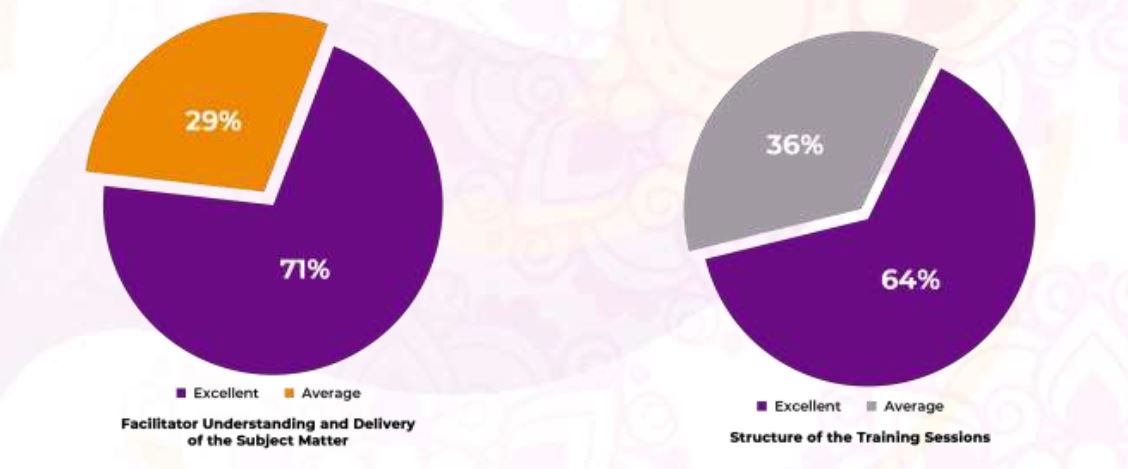
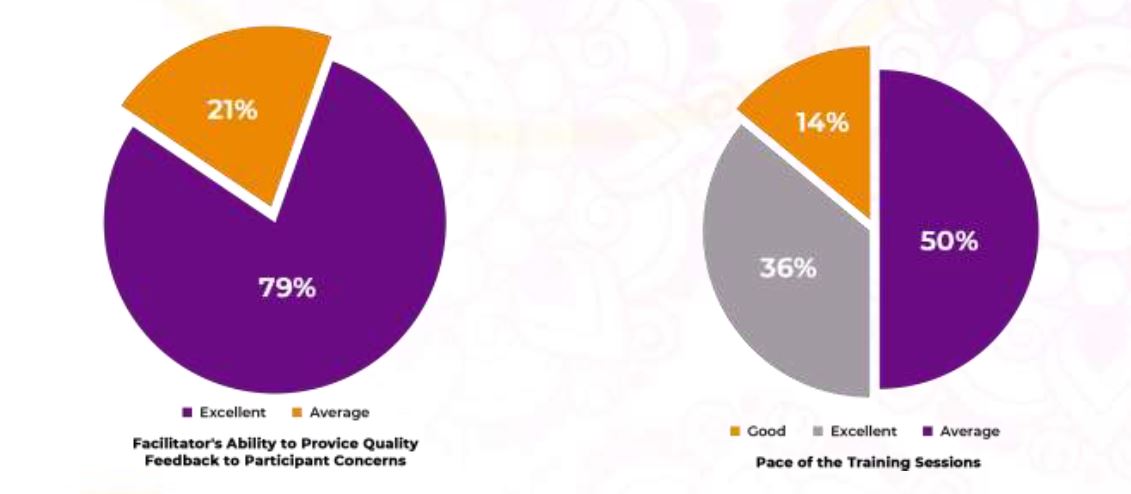
LAMP Talk With Comarade Lucy D. Yunana
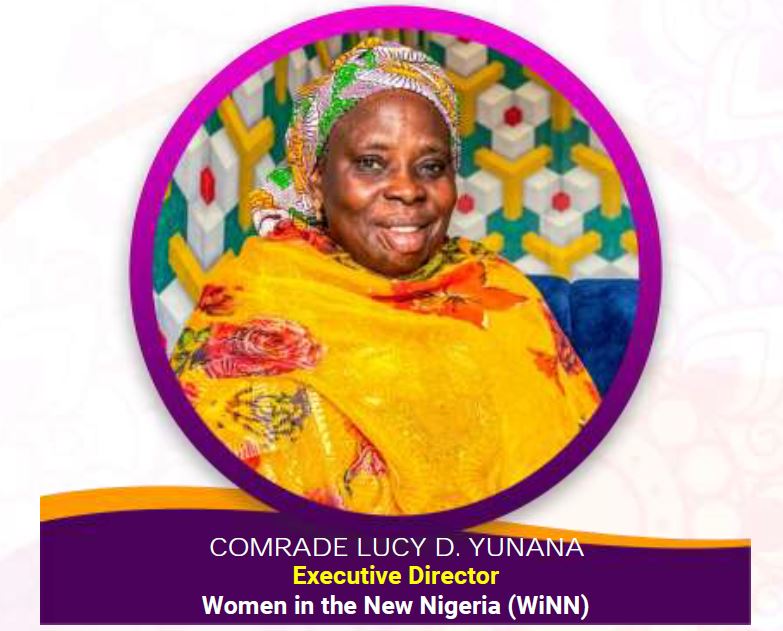
It is becoming obvious that GBV is underreported in northeast Nigeria, and across the BAY State, with Borno state being the most affected, where:
- Culture silences the cost of stigmatization.
- People do not normally come out to report cases of GBV to the constituted authority.
They will be the first to advocate for GBV survivors about the importance of speaking out, and they will be an advocate to the public so that many people are aware that there are people like them.
Humanitarian actors should avoid all forms of corruption; corruption is more than just money, and it is even worst when you do not do the right thing.
When money is given to you as a humanitarian actor for a survivor and you look at the money and it is a very large amount of money and you dont tend to give out the correct amount of money to the survivor, that is unfortunate.
Concerning implementing activities in a geographical location as your organization may have provided in her plan, but because you feel your relative or tribal person is not there, you change it, it is also corruption.
We should be up and doing and very transparent as humanitarian actors.
My advice to GBV survivors is for them to:
- Break the culture of silence, speak out,
- Be advocates to encourage other survivors of GBV and,
- Discourage stigmatization.
Testinomies
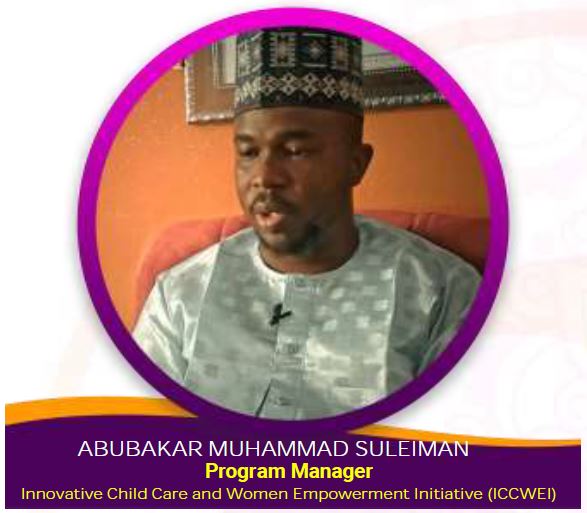
CNEF LAMP season II training on GBV gave me an insight into what is required of me to do, with this experience.
I believe my organization will benefit a lot in other to achieve good results. Some of the things I learned are as follows,
- Communication strategy
- Active listening
- Effective questioning
- Use of healing strategies
- Confidentiality
- Guiding principles of a caseworker
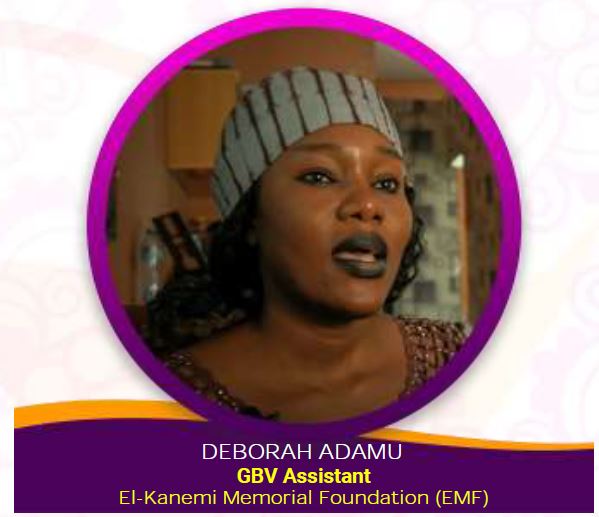
The training of LAMP season II in CNEF taught me more about GBV, and I can confidently say that I have significantly improved my overall approach to GBV. It also exposed me to how to make use of the four guiding principles as a humanitarian actor.
- Right to safety (Environment)
- Right to confidentiality
- Right to dignity and selfdetermination (Respect or Acceptance)
- Non-discrimination (Culture)
- The caseworkers guiding principles for problem-solving.
- Sense of responsibility
- Communication skills; and many more
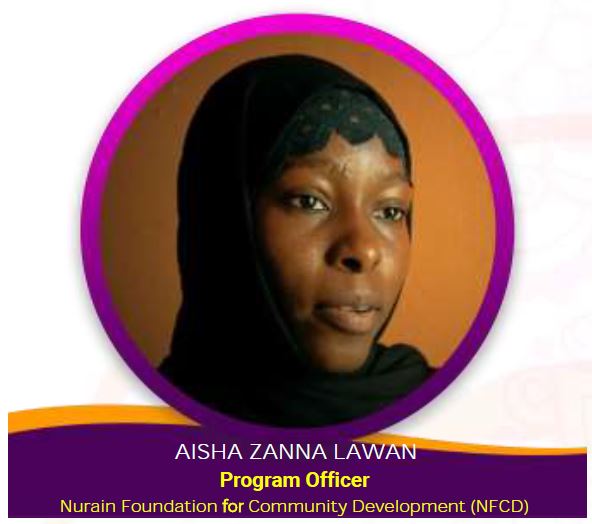
The training was very impactful based on how the facilitator was able to facilitate the program, especially the concept of discussion of the subject matter.
I learned more about GBV in its context and the vital role of caseworkers and their responsibilities of helping, especially towards the healing process of the GBV survivors.
I recall when I was selected to be paired with another male participant to build up a scenario around what is happening in the society we lived in regarding the superiority and inferiority complex of either gender, especially in age, money, kiosk support, the role of patience, human right awareness, etc.
The scenario was so interesting and further assisted us in better understanding the role of either gender in a home, how cultural values inform those roles and when and how to seek help should there be any form of violence.
Photo Speaks
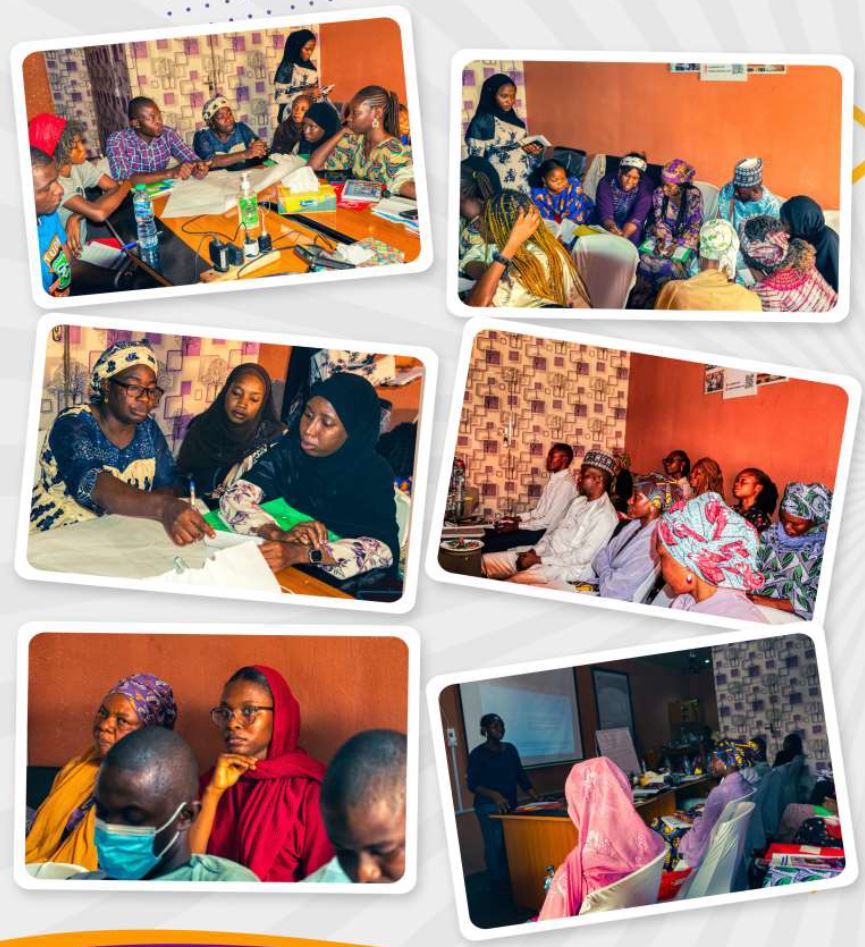
Thank you for participating
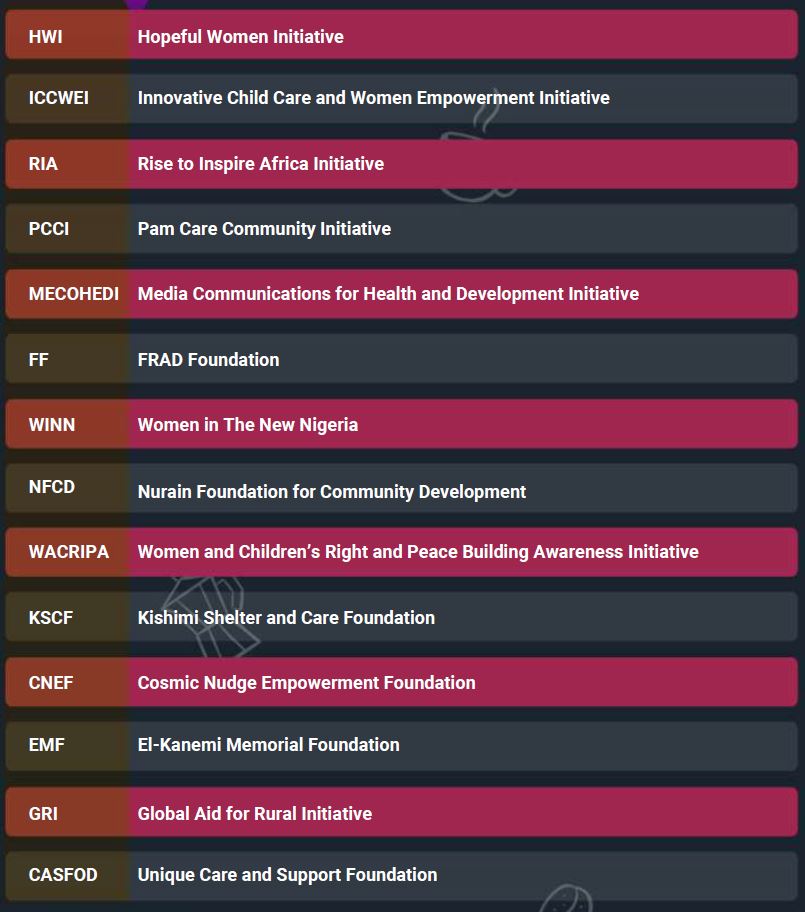
Contributors
- Comrade Lucy D. Yunana
- Abubakar Muhammad Suleiman
- Deborah Adamu
- Aisha Zanna Lawan
- Gideon Ornyi
- Fatima Shehu Isa
- Hauwa Ibrahim Jige
- David Willaims
Editors
- Robert Nuhu Kirtani
- Jennifer Iroha
- Dadwa Irenaeus
- Amakor Anthony
Design and Visualization
- Chigozie Chinedu Ezeh
- Victor Fabusola
Motion and Photography
- Nahum Ibitomi Micheal
- Hosea Yohanna Chama

